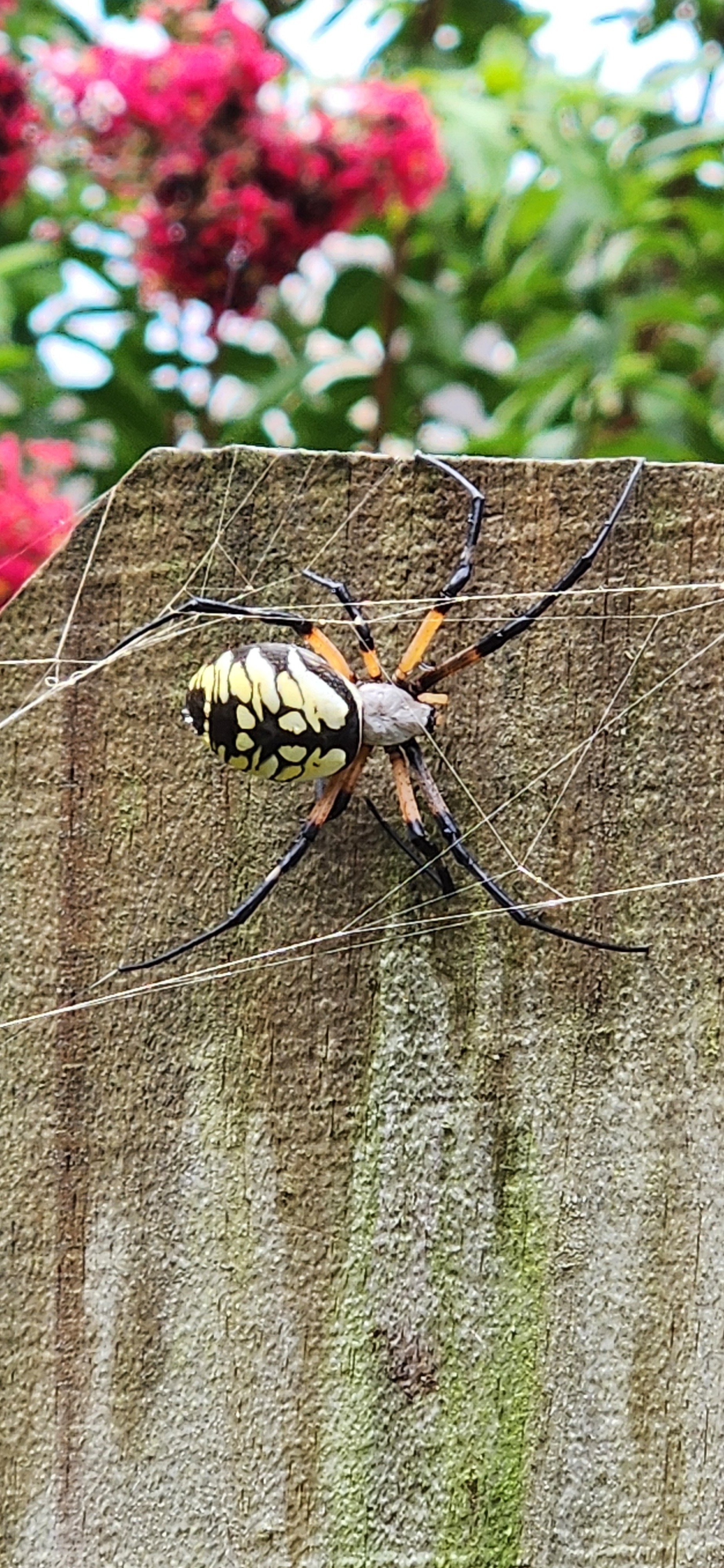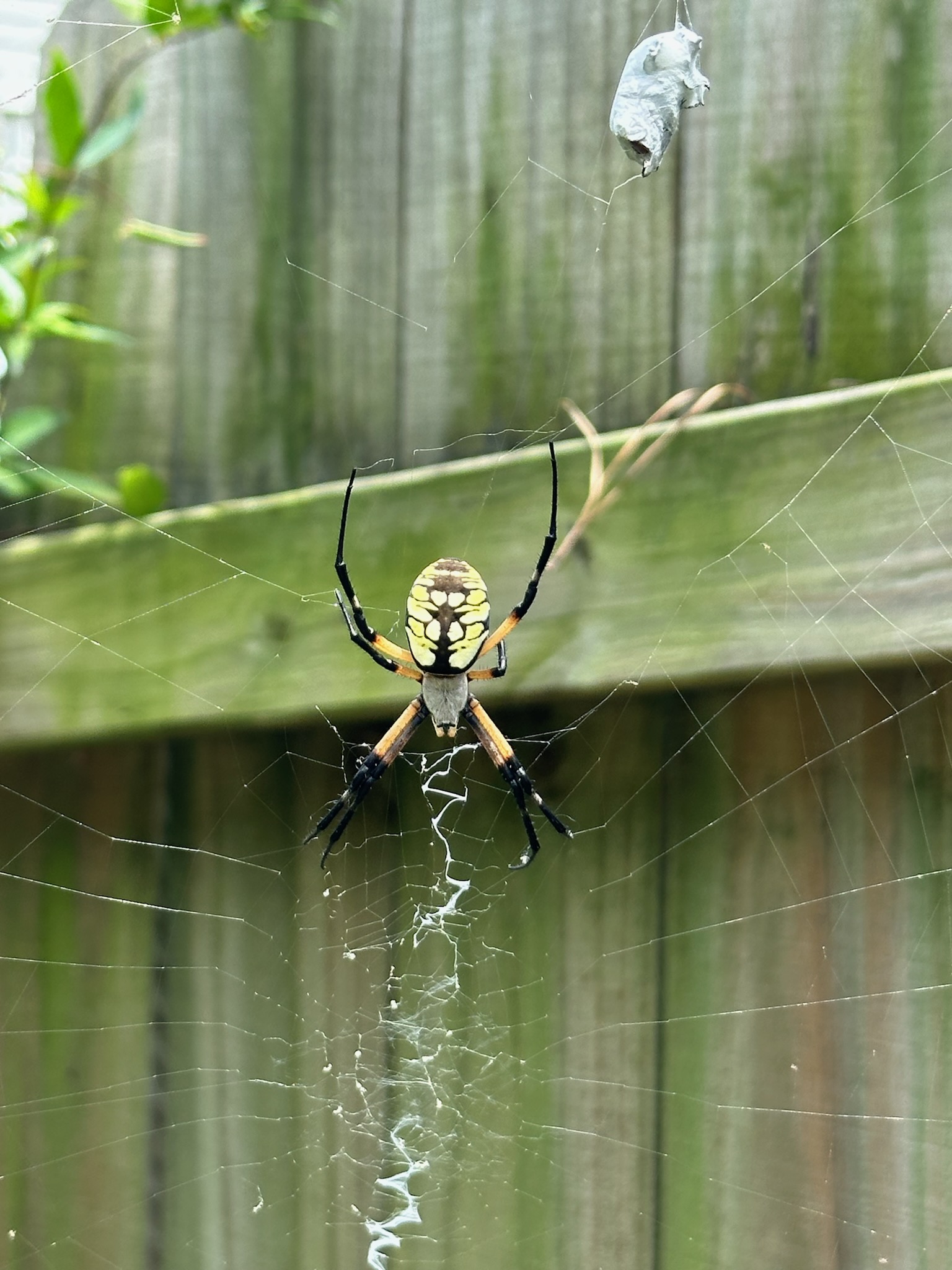Pure speculation:
Reality is complicated. Nuance is hard. Fascism dumbs it all down; things were better before, it’s their fault things are bad now, let’s fuck them up to make things good again.
Nihilistic opportunists love it because it’s easy to float to the top amidst a wave of tribalistic idiots. Tribalistic idiots desperately want it to be true; if the problems I face are secretly simple, it means I’m not actually dumb for not understanding what was going on before.








Class war